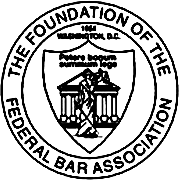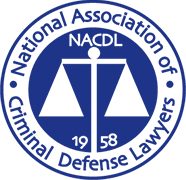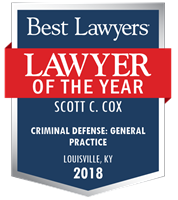
Search and seizure law related to automobile traffic stops is a constantly fluid area of Fourth Amendment litigation. A lawful traffic stop is only justified when the police have reasonable suspicion to believe that a traffic violation has occurred.
A automobile stop must be limited in scope and in duration. Police must have reasonable suspicion to prolong a traffic stop beyond what is necessary to resolve the initial reason for the stop.
This issue generally plays out as follows: A narcotics interdiction team pulls a motorist over for speeding, even for as little as 2 or 3 miles per hour over the speed limit. While the ostensible reason for the stop is speeding, the real reason is the police want to search a person's vehicle for contraband. While an officer prepares a citation for the initial stop a drug detection dog will walk around the stopped car, and, in some instances, search inside the vehicle. A positive alert from a trained dog will give police probable cause to search the entire vehicle.
Courts are now much more frequently suppressing these searches unless there is a reason independent of the original justification for the stop to support the prolonged traffic stop. In other words, if the K-9 or other search occurs after the officer has enough time to write a traffic citation for the driver, courts are now much more willing to find that there was no legal justification to extend the stop.
See, the recent Sixth Circuit case U.S. v. Taylor, No. 23-5344 (Nov. 15, 2024).









